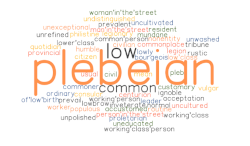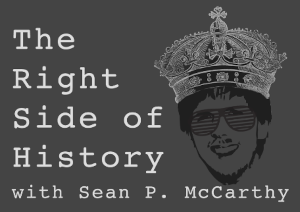Hate Speech bad, Hate Economics acceptable
Political leaders railing against Hate Speech while practicing Hate Economics against the mass of workers is sheer hypocrisy. Today, more than ever, we need open exchange and clash of ideas, so that the causes of injustice can be uncovered. So that social frustrations can be better directed to where they belong, against those few at the top, whose inhumane system is the daily cause of our poverty.









 Right-Wing Populism in America: Too Close For Comfort by Chip Berlet and Matthew N. Lyons presents a thorough understanding of various manifestations of right wing populism in the United States. It traces the history of this socio-political movement from before the American Revolution until the year 2000. Berlet and Lyons go beyond caricatures to explore how right wing populism gains strength first by exploiting real economic, social, and political grievances, but then goes on to scapegoat perceived shadowy elitist puppet masters, typically Jewish bankers, ‘PC Police’, etc-- and perceived ‘parasites’ from below--welfare recipients of color, recent immigrants, etc. The authors show that right wing populism is often an alliance between disaffected members of the elite and the working and middle class. These movements tend to emphasize their shared “whiteness” and sense of victimhood in order to bond together.
Right-Wing Populism in America: Too Close For Comfort by Chip Berlet and Matthew N. Lyons presents a thorough understanding of various manifestations of right wing populism in the United States. It traces the history of this socio-political movement from before the American Revolution until the year 2000. Berlet and Lyons go beyond caricatures to explore how right wing populism gains strength first by exploiting real economic, social, and political grievances, but then goes on to scapegoat perceived shadowy elitist puppet masters, typically Jewish bankers, ‘PC Police’, etc-- and perceived ‘parasites’ from below--welfare recipients of color, recent immigrants, etc. The authors show that right wing populism is often an alliance between disaffected members of the elite and the working and middle class. These movements tend to emphasize their shared “whiteness” and sense of victimhood in order to bond together.